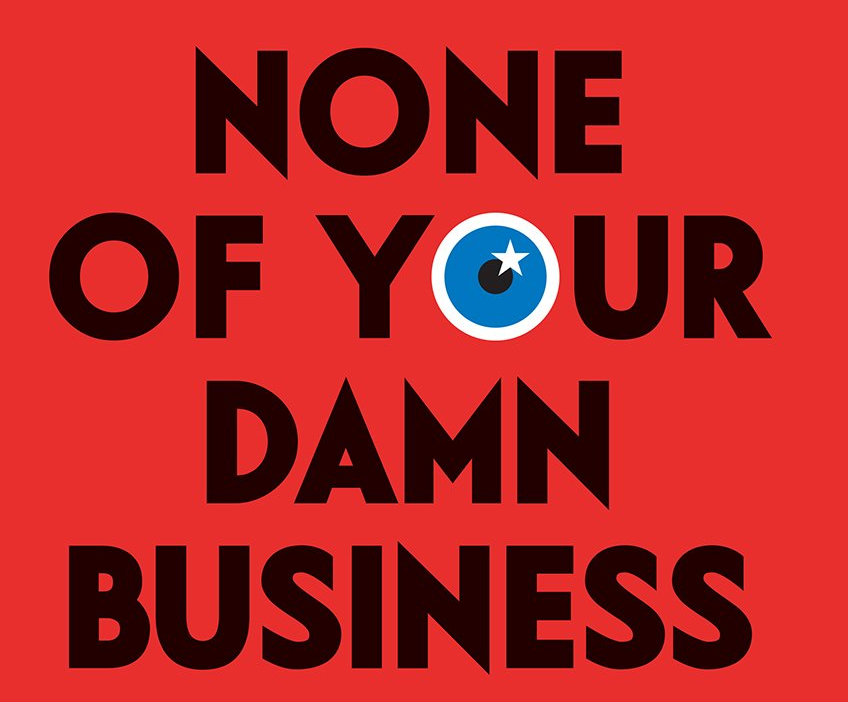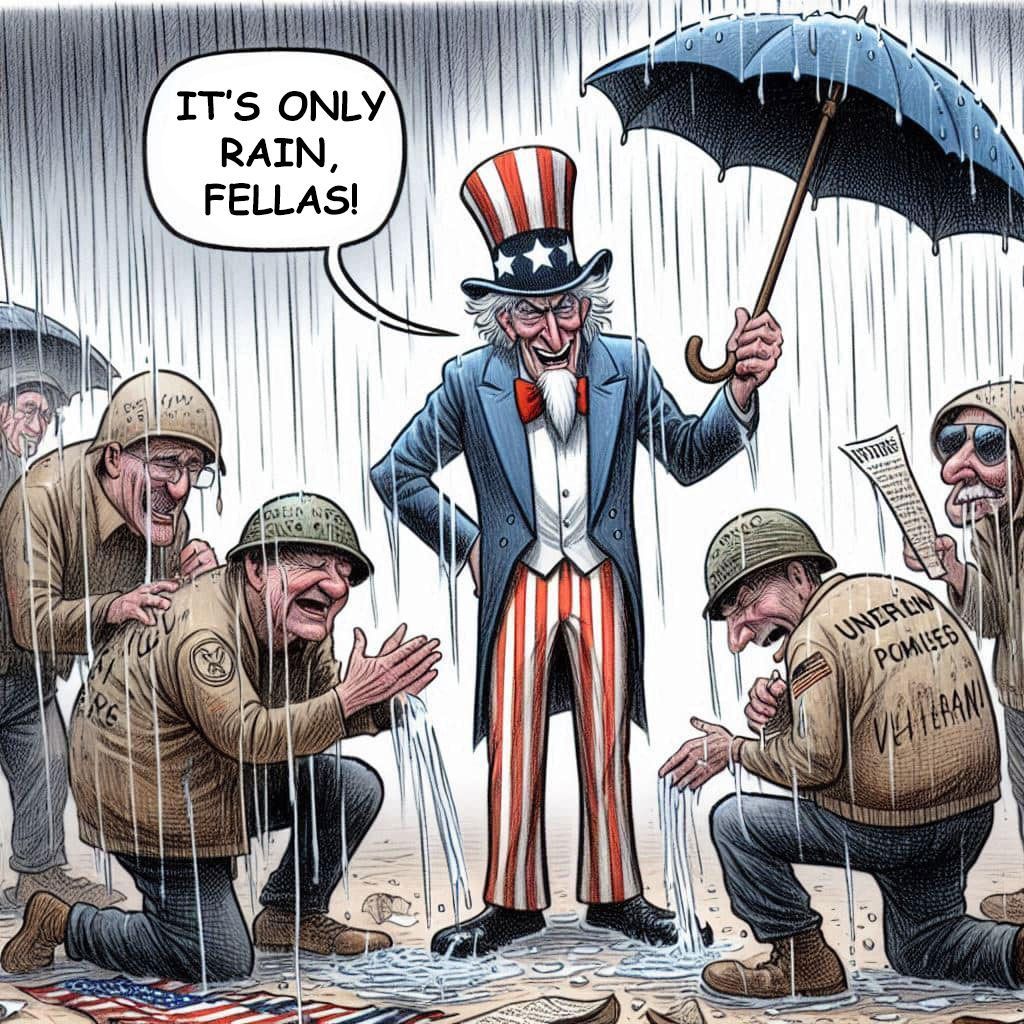Do I Have to Tell My Boss What I'm Doing After Duty Hours?
Ben Banchs • June 30, 2020
Also, can my boss tell me what I can and can't do after duty hours?
Do I have to tell my boss what I'm doing after duty hours? Also, can my boss tell me what I can and can't do after duty hours?
It depends, but the general answer is a resounding no!
We've been getting these types of questions from employees regarding whether management can dictate or place limits on the types of activities that they can engage in after duty hours. We're also being asked whether supervisors can ask about an employee's movements (i.e., where they went or are planning on going) when off duty, and whether an employee is compelled or required to provide such information. In some cases the questions were the result of management attempting to place restrictions on what employees could do or what types of establishments they could or could not go to after duty hours by issuing policies or modifying SOPs, to include travel restrictions, due to COVID-19.
Bottom-line, unless you are in a stand-by or on-call status, you are not required to report or request permission from your supervisor or any other management official in order to engage in activities after duty hours, and they cannot dictate to you where you can go, how far you can go, and whether you have to disclose those activities. Your time is your time, period.
Most of our collective bargaining agreements have a provision in Article 5, Employee Rights, that makes clear that whatever legal activities you engage in on your own time is your business and your business alone. For example, our latest contract in Illinois
has the following statement (emphasis is for the purposes of this article):
- The Agency affirms the right of an employee to conduct his or her private life as they see fit, within the constraint of Federal law and Agency regulations. Employees have the right to engage in outside legal activities of their own choosing without any requirement to report said activity to the Agency, except as required by law or Agency regulations. However, employees shall not accept a fee, compensation, gift, payment or expense, or any other thing of monetary value in circumstances in which the acceptance may result in or create the appearance of conflicts of interest. Employees may not engage in outside employment that would interfere with the performance of their assigned duties, and they are also prohibited from receiving compensation or anything of monetary value from a private source in exchange for government services.
This also includes annual leave. Your supervisor cannot ask you to provide any justification whatsoever as a condition of approving an annual leave request. The only criteria that determines whether your leave request is approved or denied is whether you are physically needed at work because of mission requirements. If the mission allows you to take leave as requested then that's it, nothing further needs to be provided to your boss as a condition of annual leave approval. You do not have to let them know why you want to take annual leave, where you're going, etc. It's your time, not theirs.
If your chain of command is placing any types of restrictions or conditions on what you can and cannot do after duty hours, to include trying to limit how far you can travel from your home, or if they are requiring that you disclose your off-duty activities, please let us know as soon as possible. If we don't know then we can't fix it.
Share Via Other Platforms
More News






